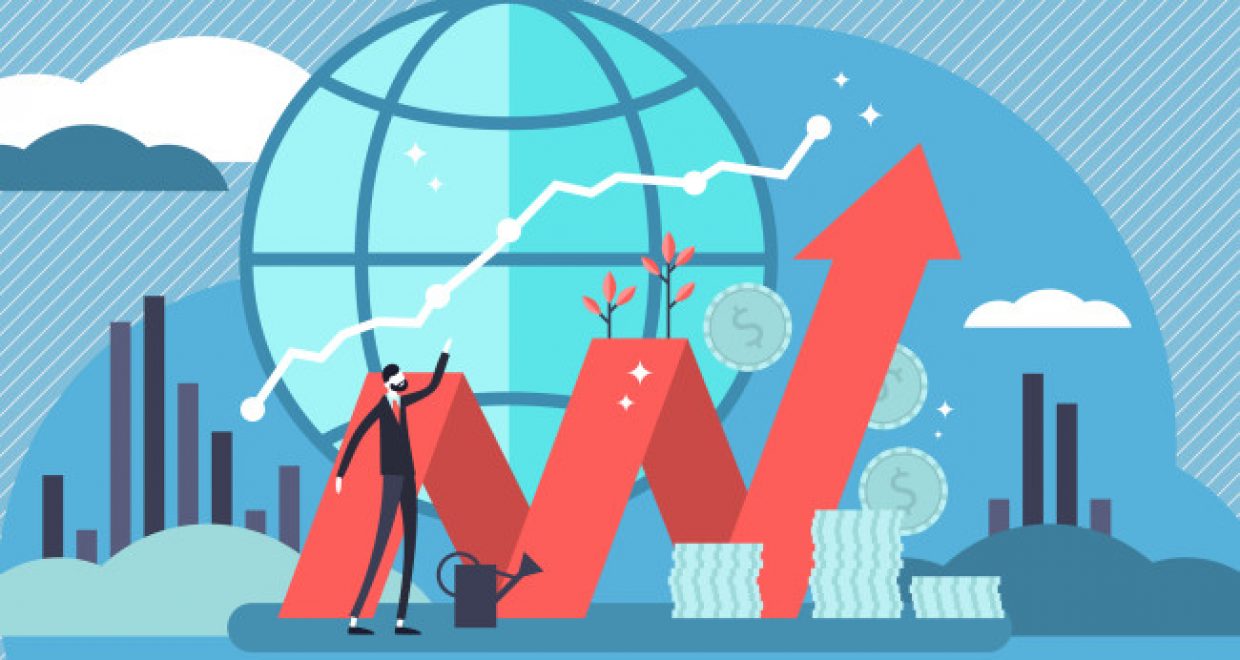In a roundtable for New Perspectives on Turkey, five scholars discuss the global political economic consequences of the pandemic
It has been nine months since the “normal” has been disrupted with the emergence of a novel coronavirus and while we continue to be in the clasp of the COVID-19 pandemic the “new normal” has not ossified yet. It is very difficult to pin down the economic, political, social and cultural outcomes of this exceptionally volatile and in some ways unprecedented process, yet we wanted our next issue to include at least a solid attempt towards developing an understating of the global transformation underway. We, as the editors of New Perspectives on Turkey, assembled professors Ayşe Buğra, Refet Gürkaynak, Çağlar Keyder, Ravi Arvind Palat, and Şevket Pamuk in a virtual roundtable to reflect on the challenges the pandemic poses to the international political-economic system. We are grateful to them for contributing to this discussion despite the difficulty of talking about such a dynamic process.
In this roundtable discussion, a deep and prolonged worldwide depression and a global trend toward stronger states appear as two common threads. The major themes that the panel revolves around are the significance of political movements and policy-making in bringing about different outcomes. The responses of our panelists demonstrate that these themes play out at different scales: national and supranational (international or global). The differences in the prospects of global leadership, a new international order, deglobalization, and regional or national variants of protectionism weave through the interactions of these themes and scales throughout the panel discussion.
Şevket Pamuk stresses the uneven impact of the COVID-19 pandemic within and between states and argues that the absence of international response to the pandemic will exacerbate the health and economic consequences, more so in the poor and the developing countries. He writes that “globalization, as we experienced it during the last three decades, will slow down if not collapse after the pandemic.” Ayşe Buğra questions the need and legitimacy of a potential return to the “normal” prior to the crisis and draws attention to major failures of welfare systems in the West, particularly in the US, highlighting the hitherto unseen destructive employment effects of the crisis. She raises the important question of “to what extent will institutional and policy diversity be tolerated and what will be the economic and political terms of coexistence within and between different countries.”
Çağlar Keyder points toward two seemingly contrasting trends as outcomes of the crisis: increasing rates of capital concentration favoring large corporations in the North and a potential return to householding for subsistence purposes in the South. Emphasizing that the pandemic “may transform even more radically many of the basic practices that had ushered in ‘modern capitalism’ between the end of the First World War and the last quarter of the twentieth century,” Keyder argues that our “immediate concern, rather than bolstering social policy, should be to fight to rectify the institutions that have been under threat.”
Emphasizing the unprecedented nature of the current crisis because of its truly global and simultaneous reach as well as its extremely destructive impact in such a short time span, Ravi Arvind Palat claims the crisis will force a recasting of the North-South divide and that debt restructuring will emerge as a major political issue. Palat also argues that the immensely different nature of responses of governments and central banks across the world already shows the signs of a greater divergence. Palat discusses the structure and dynamics of the social movements and writes that “the very fact that the pandemic surfaced at a time when seemingly small events set in train wide-ranging and sustained protests that addressed broader issues of inequality and social justice indicate that over the longer term these issues will reemerge.”
Refet Gürkaynak calls our attention to previously unimaginable levels of debt and anticipating a large-scale demand for more social safety nets, he points out that debt will be an issue to reckon with for households, corporations, states, and supra-state institutions across the world and not just in the South. Gürkaynak, arguing that the Turkish economy was already experiencing a crisis before the pandemic, writes that, “returning to business, as usual, will not be possible because business, as usual, had become unsustainable a long time ago.”
Overall, our panelists are pointing towards a new which could sustain little of the old.
Learn more by exploring the ’roundtable’ here.




